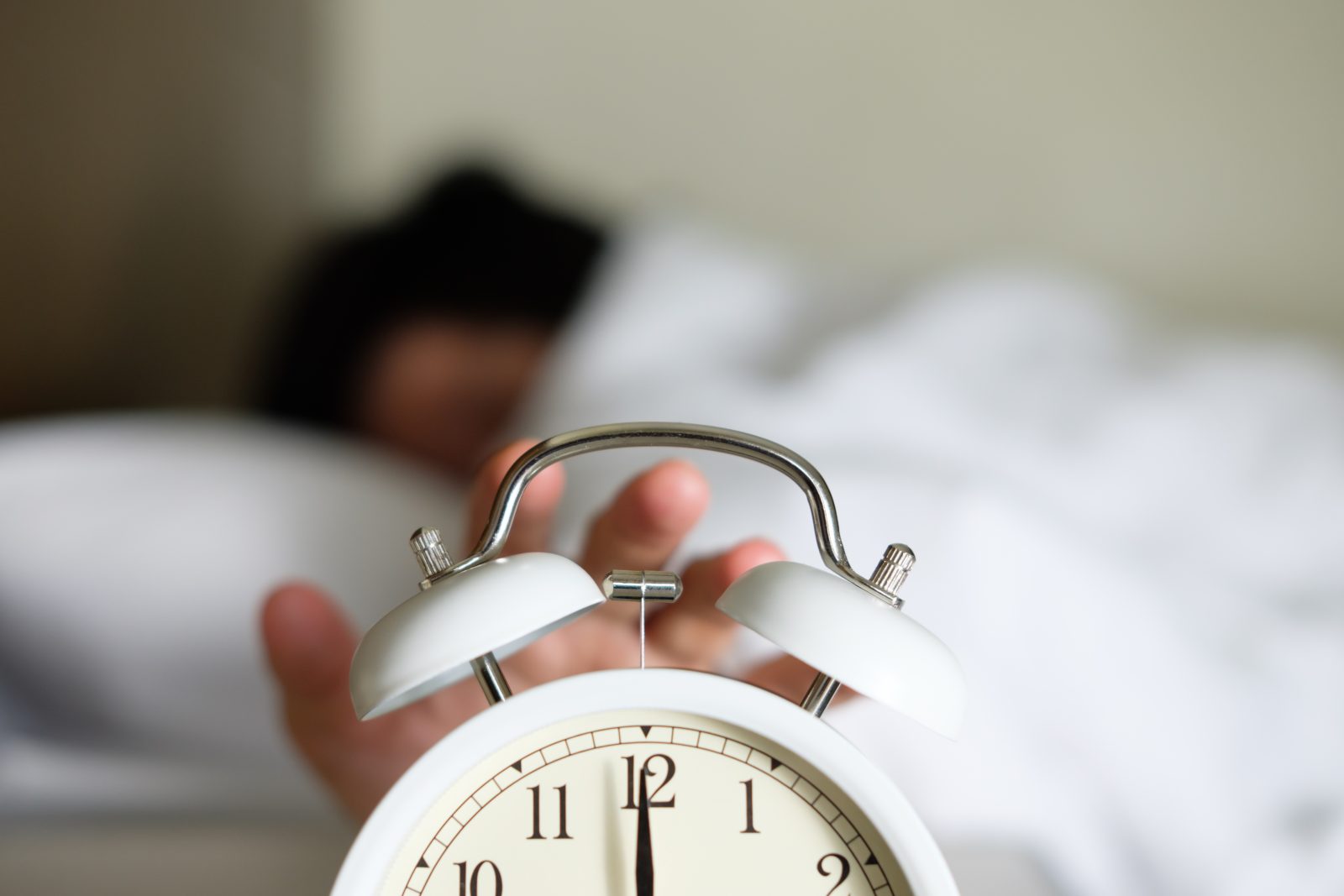Do you sleep enough? During sleep, your body and brain are able to restore themselves and carry out essential processes, including eliminating waste and producing hormones.
For optimal health, sleep is mandatory. We need sleep just as much as we need food and drink. Therefore, it is not surprising that we spend roughly one-third of our lives in bed.
Many bodily functions are carried out while we sleep, including:
- Hormones and proteins are released, and the body heals damaged cells and replenishes its energy supply.
- Maintaining normal brain activity is the result of communication and reorganization among nerve cells.
- The brain processes and stores information while also eliminating harmful byproducts.
The health of the whole person depends on these mechanisms. Our bodies would break down without them. Let’s examine the importance of sleep and the consequences of not getting enough of it.
The importance of sleep
1. Protecting your heart
The reasons why sleep is good for your heart are still being researched. Poor sleep quality has been linked to an increased risk of cardiovascular disease. Most adults, according to the Centers for Disease Control and Prevention (CDC), require 7 hours of sleep per night. Consistently getting less than that can harm your health in various ways, including your heart.
2. Immunity
Getting sufficient sleep is crucial for keeping your immune system in good condition. Lack of sleep might weaken the immune system and leave the body open to infection. While you sleep, the body produces cytokines, which are proteins that fight inflammation and infection. Certain antibodies and immune cells are also produced. These chemicals work together to eliminate disease-causing microbes. Because of this, rest is crucial when dealing with illness or stress. Boosting immune cell and protein production is especially important at these times.
3. Normal insulin activity
Insulin is a hormone that facilitates glucose (sugar) use by cells. However, in insulin resistance, your cells fail to react normally to insulin. The result may be elevated blood sugar and, ultimately, type 2 diabetes. Insomnia may be beneficial for preventing insulin resistance. It maintains a cellular environment favorable for glucose uptake, keeping you healthy. Additionally, sleep aids in blood sugar regulation because glucose utilization in the brain decreases.
4. Maintenance of body mass
By regulating hunger hormones, sleep has an effect on body weight. Two of these hormones, ghrelin and leptin, are responsible for stimulating hunger and satiety, respectively. Since sleep results in lower calorie expenditure than wakefulness, ghrelin levels fall while you sleep. However, sleep deprivation causes ghrelin levels to rise while leptin levels fall. If you’re experiencing increased hunger as a result of this imbalance, you may be more likely to overeat, which can lead to weight gain.
5. Emotional health
Just as physical health relies on sleep, so too does mental wellness. Healthy brain function and emotional stability are both supported by the increased activity of the brain’s regions responsible for emotion regulation during sleep. Evidence from studies links getting enough Zs to a healthy mental state. Disruptions to sleep may aid in the emergence and progression of mental health issues, while mental health issues may exacerbate sleep disturbances.
6. Cognitive process
According to the neuroplasticity hypothesis, getting enough sleep is crucial for mental health. In particular, it facilitates the reorganization of your neuronal (nerve cell) networks. During REM sleep, the central nervous system’s glymphatic (waste clearance) mechanism removes metabolic byproducts. Your brain flushes out toxic waste products that it produces throughout the day. This ensures optimal cognitive performance upon awakening.
7. Conservation of energy
In order to preserve our energy levels, the energy conservation principle states that we must sleep. By temporarily slowing our metabolism when we sleep, we are able to lessen our daily calorie requirements. The fact that our metabolic rate naturally decreases while we sleep lends support to this idea. Humans, according to studies, can reduce their daily energy use by as much as 35% when they get 8 hours of sleep instead of being awake all 24 hours.
The fact that our metabolic rate naturally decreases while we sleep lends support to this idea. The amount of time spent awake during the day and night when it would be inconvenient and inefficient to go on a food hunt.
How many hours of sleep do you need?
In general, the older you are, the more sleep you need. Also, it’s different for everyone, but here are some averages based on age from the Centers for Disease Control and Prevention (CDC):
- 14–17 hours between infancy and toddlerhood
- Between 12 and 24 hours a day, including naps, for ages 4 to 12 months.
- 11–14 total hours per day, including naps, for 1–2 year olds
- 10–13 hours a day, including naps, for ages 3–5.
- 9-12 hours for ages 6-12
- 8 to 10 hours for ages 13 to 18
- Ages 18-60: 7 hours or more
- 7–9 hours for those aged 61–64
- 7–8 hours for those over the age of 65
If you don’t get enough sleep, what will happen?
Lack of sleep impairs the body’s ability to perform daily tasks. Chronic issues with the heart, kidneys, blood, brain, and mental health are associated with insufficient sleep, according to a reliable source. Both toddlers and adults are more likely to get hurt when they don’t get enough sleep. Drowsy driving, for instance, has been linked to numerous fatalities and serious injuries. Inadequate sleep is linked to an increased risk of falls and fractures in the elderly.
Sleep is essential to our health and productivity. The process facilitates the revitalization of the body and the mind. Lack of sleep can have negative impacts on your health, including on your memory and concentration, your immune system, and your mood.
Adults typically need to sleep between 7 and 9 hours a night. Consult your doctor or a sleep specialist if you can’t get to sleep at night. They will be able to find the root of the problem and assist you in getting better rest.
















Find Us on Socials